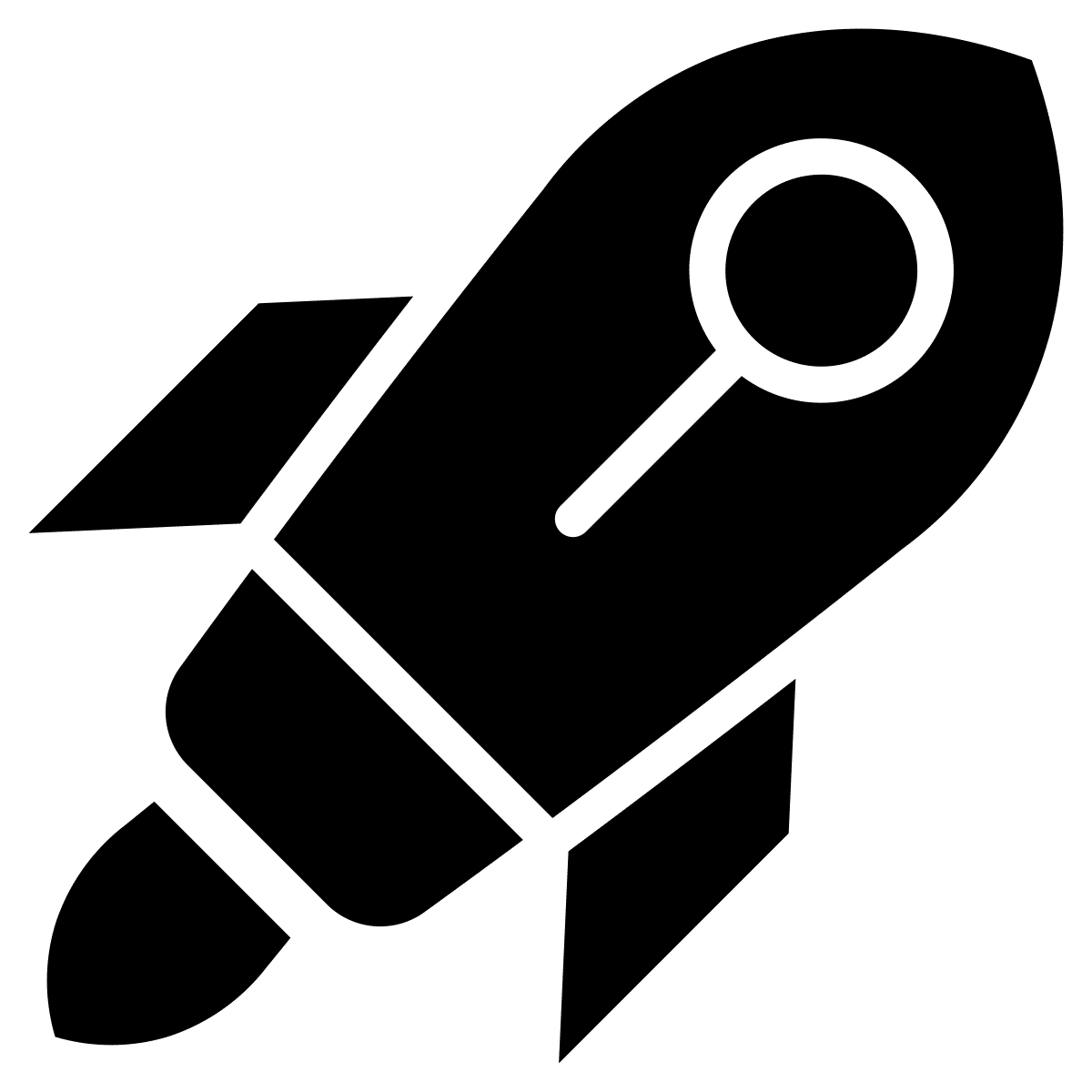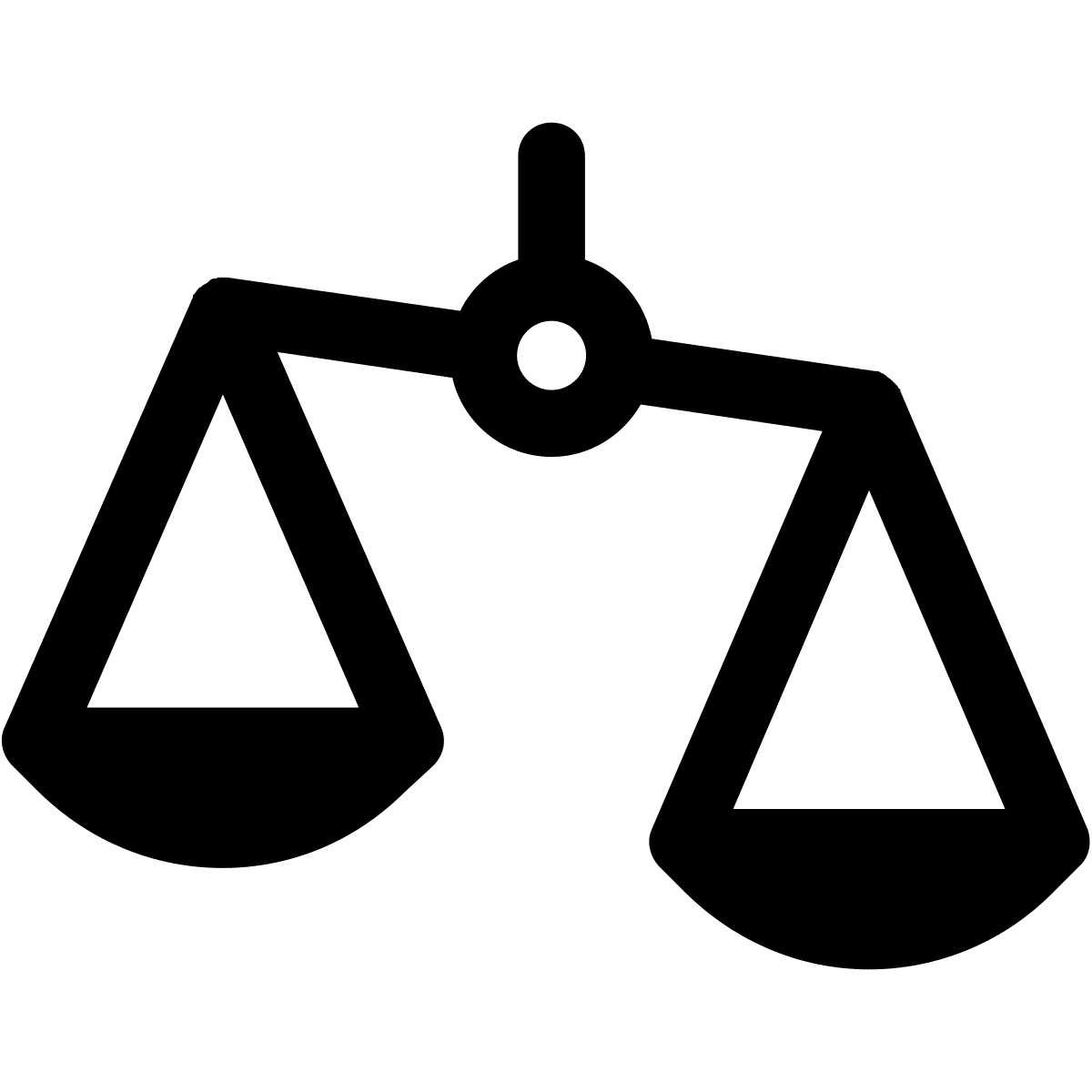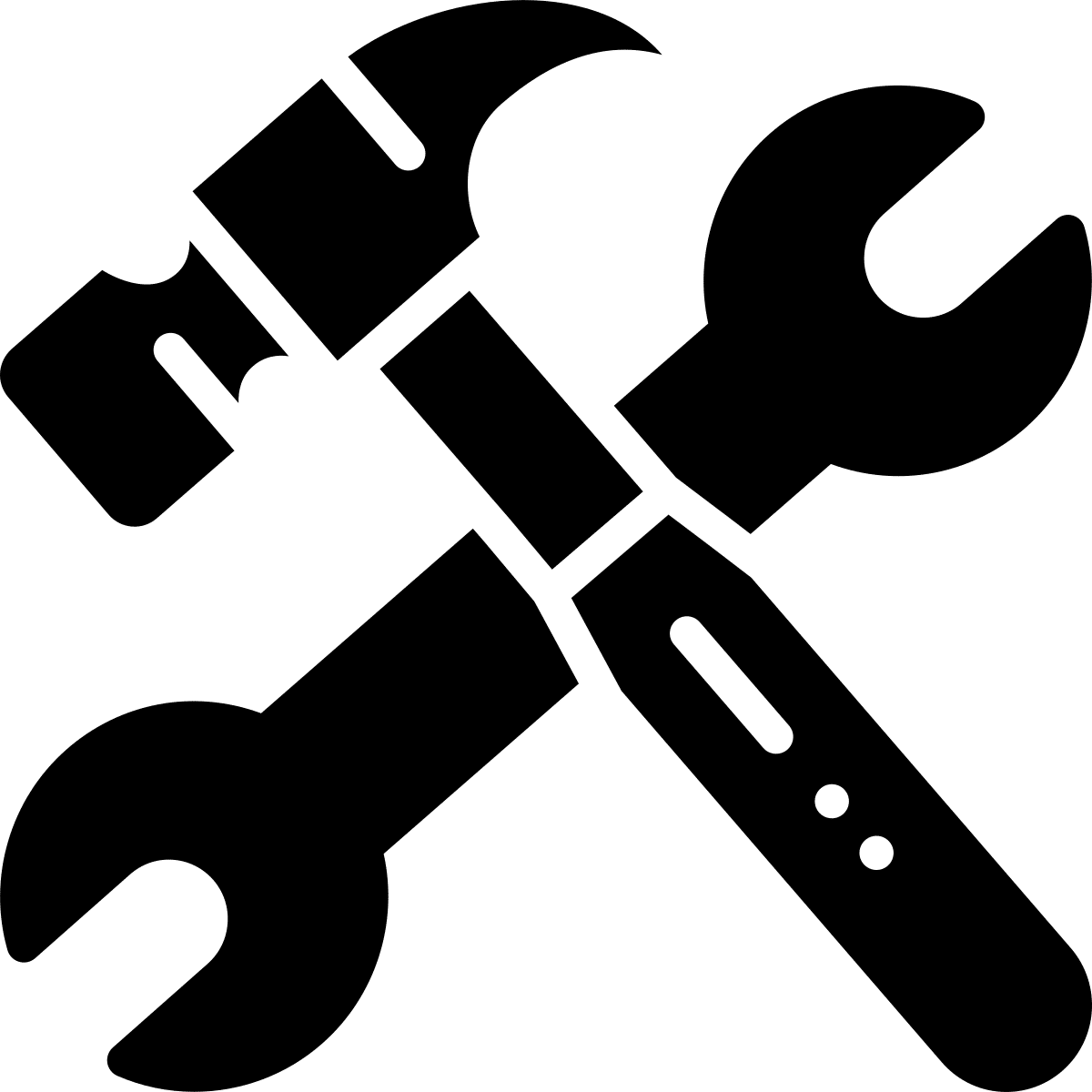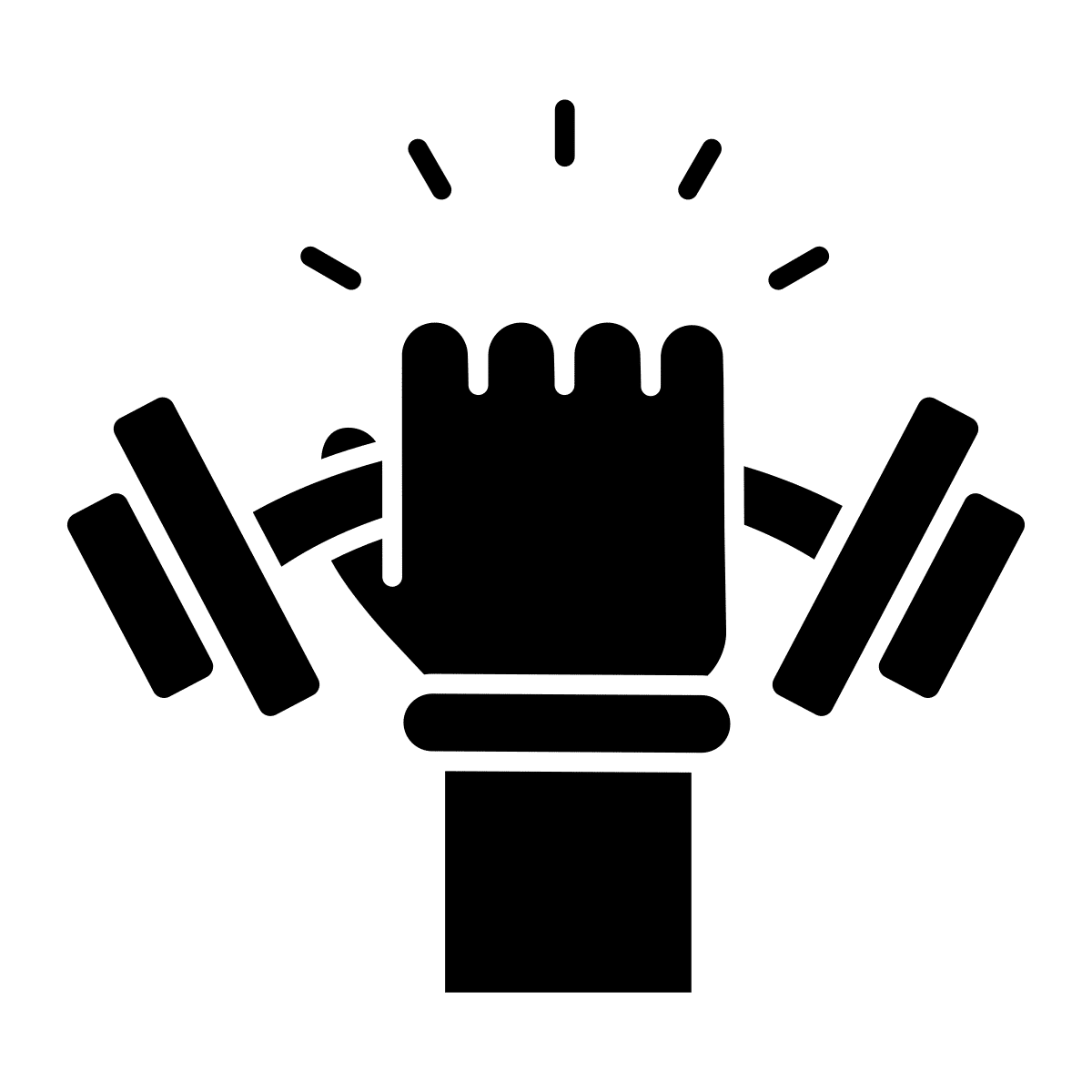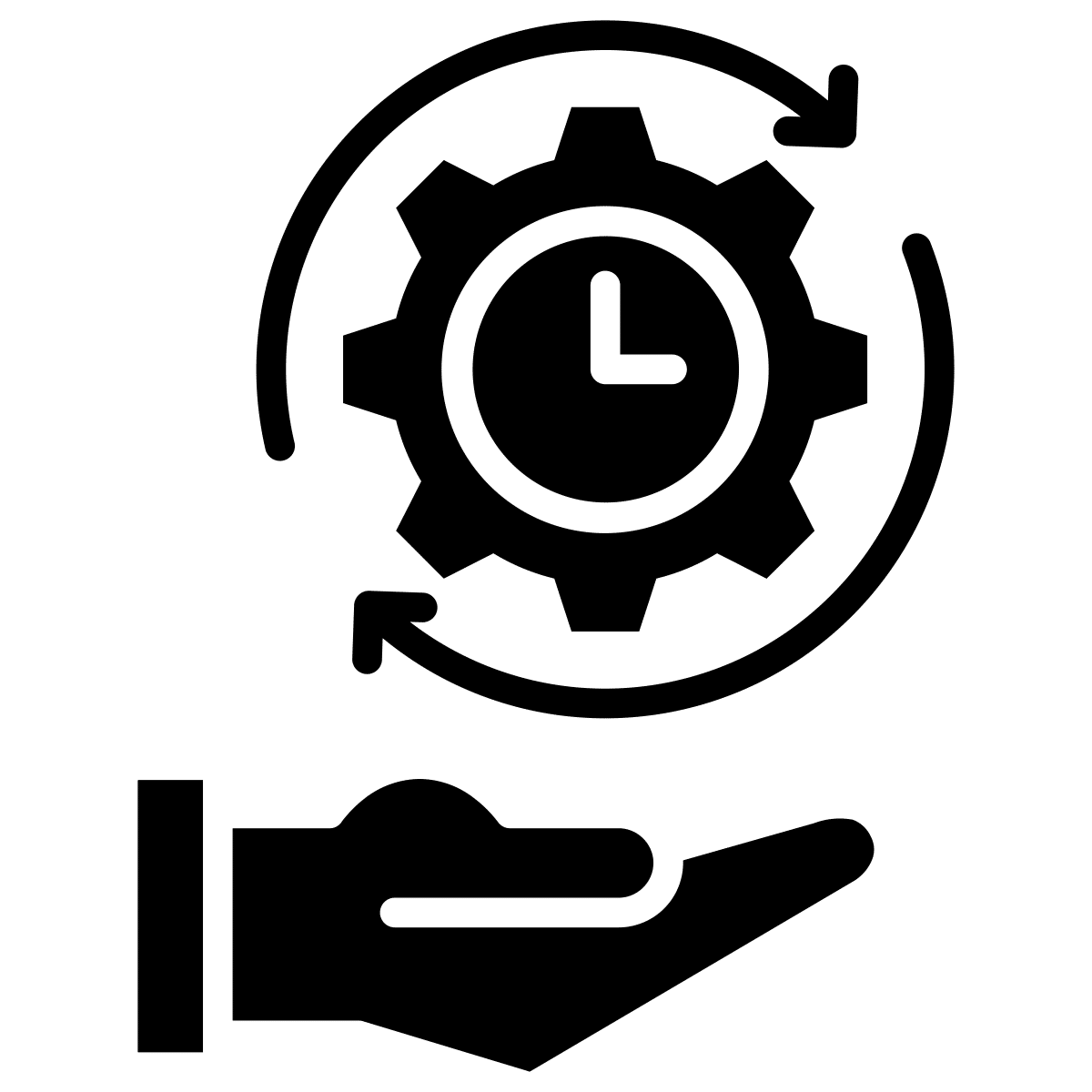Intensive Outpatient Program (IOP)
Flexible treatment that works around your life—get support while keeping your job, school, or family commitments.
What is IOP?

Benefits of Our IOP
Stay Employed
Learn More
Stay Employed
Sessions starting at 5pm allow you to attend after your work day
Prevent Relapse
Learn More
Relapse Prevention
We teach coping strategies & relapse prevention skills.
Peer Support
Learn More
Peer Support
Connect with others on the same journey to recovery.
Only Evening IOP in Asheville
Learn More
Only Evening IOP in Asheville
We are the only IOP in Asheville that holds sessions in the evenings to assist people who cannot attend during the day.
See What Others are Saying about our Program
What to Expect During Intensive Outpatient (IOP)
Program Duration and Schedule
The length and schedule of our Intensive Outpatient Program (IOP) are tailored to meet the individual needs of each client. Typically, the program lasts 6-8 weeks, with sessions held on Mondays, Wednesdays, and Fridays from 5:00 PM to 8:00 PM. However, the exact duration and frequency of sessions may vary depending on how well the client progresses and whether additional support is needed. If more intensive care is required, clients may stay in the program for a longer period to ensure they receive the right level of support for their recovery.
Group Therapy
Our group therapy secessions provide a fresh resource for socialization and offers people the chance to enhance their communication abilities. Because prior socialization with drug or alcohol users is common in addiction, this is especially crucial. Individuals with comparable issues meet to offer peer support, compassion, and honest feedback in group therapy. Furthermore, group therapy can encourage healthy behaviors and provide a secure environment that is central to recovery efforts. Group members who have progressed further in their recovery frequently offer valuable assistance and empathy to those who are early in their recovery. Group therapy tends to be the backbone of most IOPs. Some research indicates that group participation is as effective as individual therapy in battling addiction.
Individual Therapy
Substance abuse has a profound impact on clients’ lives and may cause serious problems. Individual therapy is beneficial because clients may spend more time addressing individual concerns in individual therapy sessions. Many people feel more comfortable talking about private issues in individual therapy than in a group setting. Individual therapy is provided as part of most IOPs, and it is typically scheduled at least weekly if not more frequently, especially in the early stages of treatment. Therapy sessions are led by therapists who establish close, trustworthy relationships based on mutual trust and commitment to recovery.
Medication Management
At an Intensive Outpatient Program (IOP), it is expected that your medications should already be stable and well-established. If you are still in the process of adjusting or finding the right medication for your recovery, our Partial Hospitalization Program (PHP) may be a better fit. PHP offers more intensive support to help stabilize and fine-tune your medications before transitioning to the more flexible IOP level of care. Our team of physicians, healthcare professionals, and nursing staff will closely monitor and manage your medications to ensure your symptoms are effectively alleviated or stabilized as part of your overall treatment plan.
Family Therapy
Having family therapy during an outpatient rehab can give family members the strength they need to begin their recovery. It also demonstrates to family members how much drugs and alcohol negatively impacted their life. Finally, family members see how dedicated and committed their loved ones are to becoming substance-free. We also offer a Family Support Group for any family members needing some additional support during this time.
Download Our Free E-Book

Why Choose IOP at Asheville Recovery Center?
Choosing the right Intensive Outpatient Program is critical to your success in recovery. At Asheville Recovery Center, we offer a unique, individualized approach that sets us apart from other treatment programs.
Our Difference
- Licensed & Experienced Staff – Our team includes addiction specialists, licensed therapists, and recovery coaches.
- Flexible Evening Schedule – We understand that life doesn’t stop for treatment, which is why we offer sessions at convenient times.
- Personalized Recovery Plans – Every client’s treatment plan is tailored to their specific needs.
- Evidence-Based Therapy – We use clinically proven methods like Cognitive Behavioral Therapy (CBT), Dialectical Behavior Therapy (DBT), and Trauma-Informed Therapy.
- Holistic Recovery Approach – We focus on mind, body, and emotional wellness to create lasting sobriety.
- Supportive Community – Clients build strong connections with peers and staff, fostering accountability and motivation.
- Relapse Prevention Focus – We teach real-world strategies to help you stay sober after treatment.
IOP Slots Fill Up Fast Get Started with Our IOP Program Today
Still Don’t Know If IOP Is Right For You?
Take our placement quiz to help determine which type of addiction program is the best fit.

